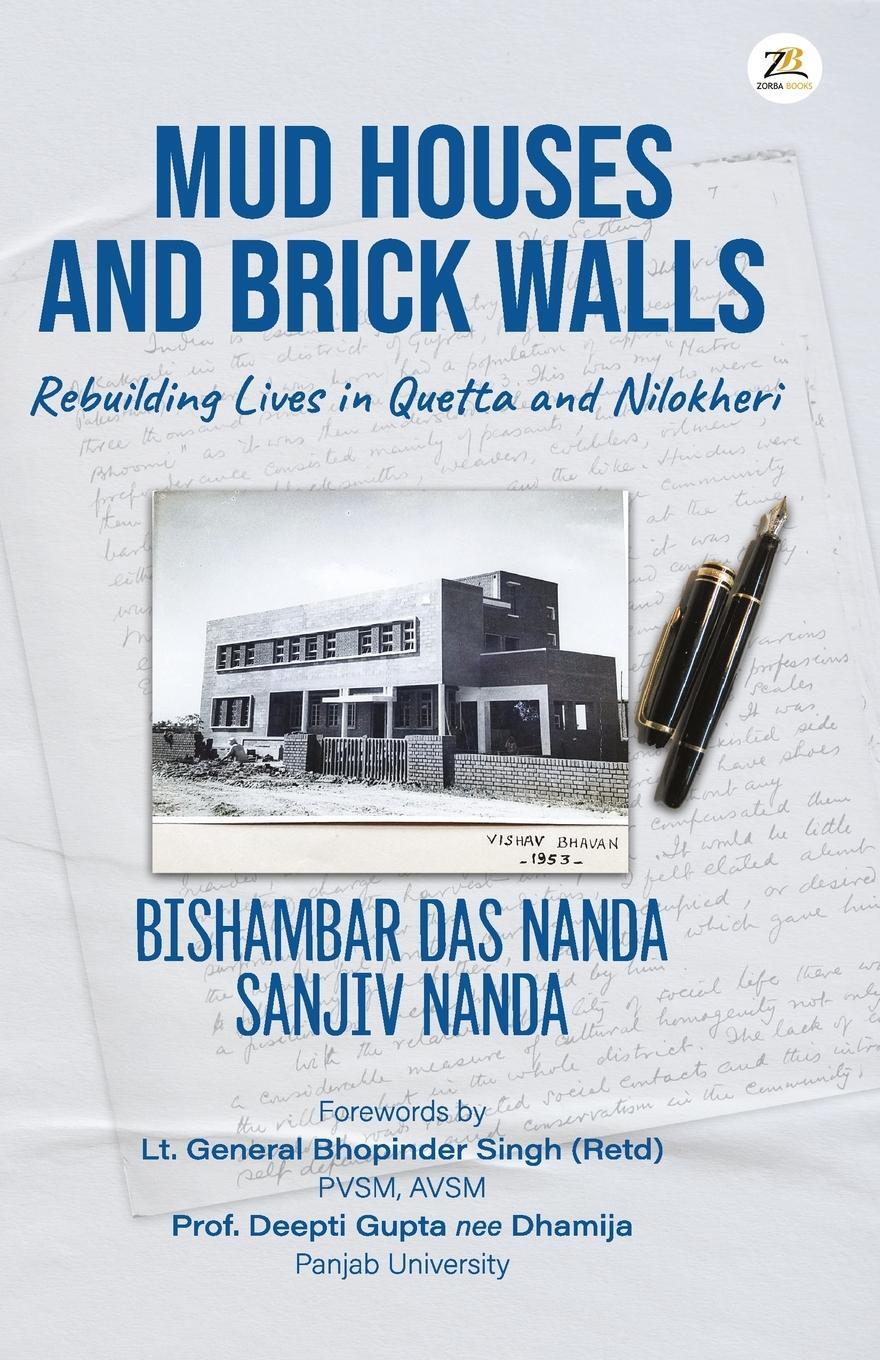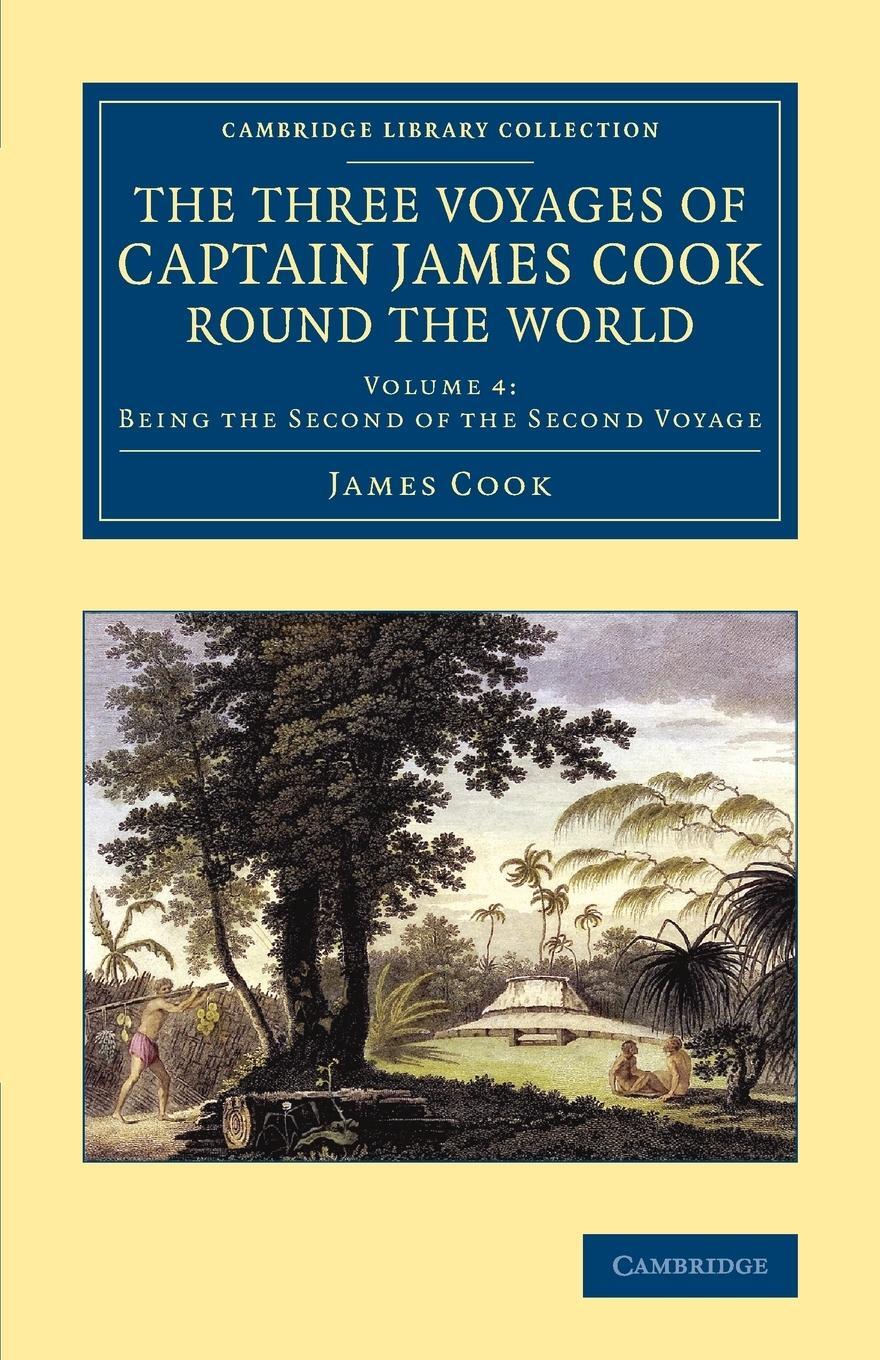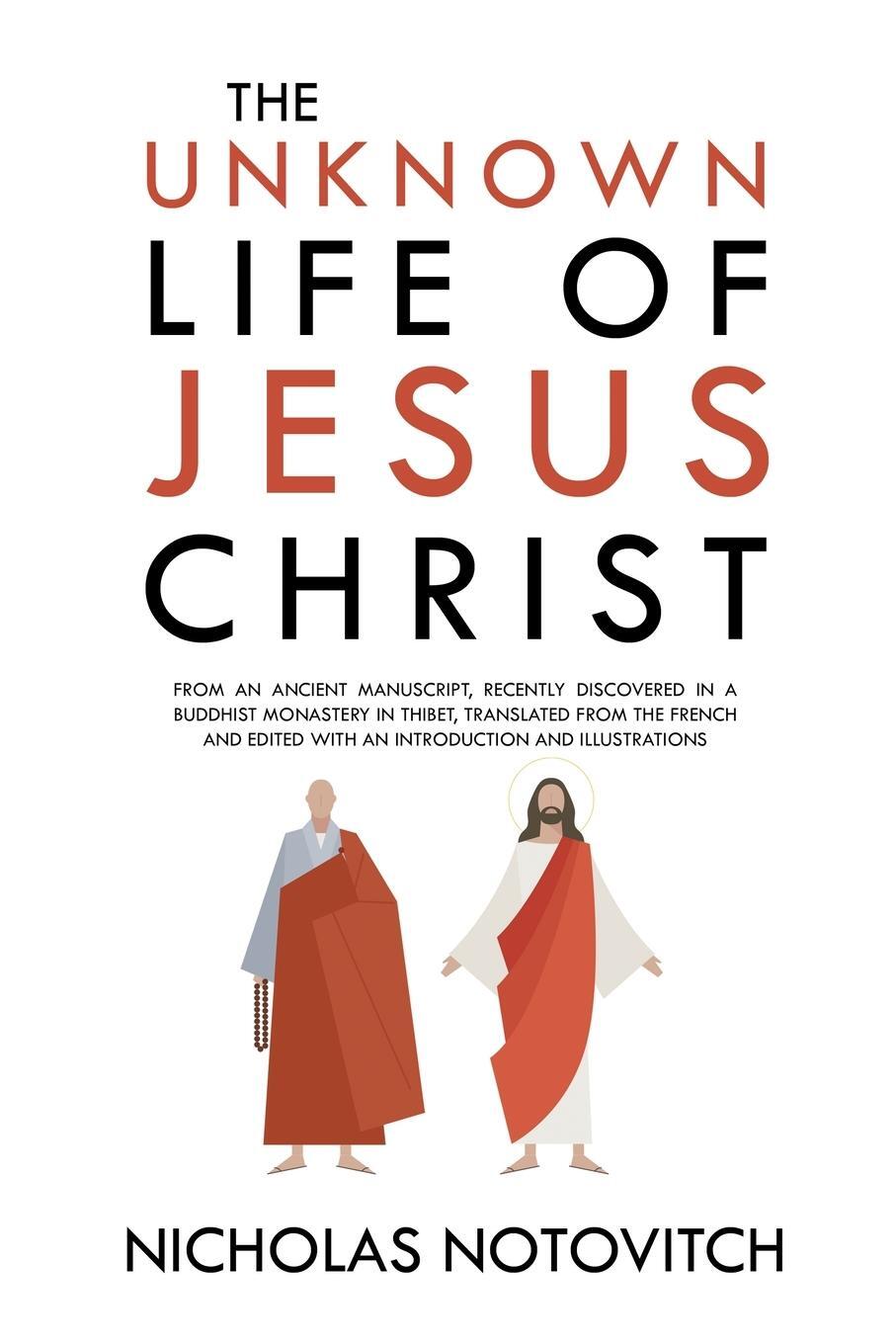Dekorationsartikel gehören nicht zum Leistungsumfang.
Sprache:
Englisch
27,00 €*
Versandkostenfrei per Post / DHL
Aktuell nicht verfügbar
Kategorien:
Beschreibung
Fifty years have gone by since these words were written. Twenty-five years after Independence, the generation that came of age under the influence of Gandhi still retained a youthful, perhaps naive hope of building a society and a Nation that could live up to Gandhi's lofty ideals. The beautifully handwritten manuscript was prized by the family and occasionally brought out and shown to visitors, appreciated but hardly ever read. It's a special gift to bring to you in 2023, these words that cover three-quarters of a century (1903-1978) in the life of our Nation.
Bishambar Das Nanda (1903-1982) was born in a small village in Punjab, a hundred miles north of Lahore, grandson to the village landlord. Through his life, he retained his love and respect for the life, people and culture of rural India. The joint family, he believed, was a model for co-dependence and social security.
His first twenty-five years took him from the village of Kakrali to schools in larger villages and towns in district Gujrat Daulatnagar, Gujrat, Gujranwala, then college in Lahore. In 1928 he returned with a Civil Engineering degree from King's College, London and found employment with the Maharaja of Kashmir, overseeing roads, public works, and palaces. He moved to Quetta, Baluchistan following the devastating earthquake in 1935. In Quetta, he rapidly established himself as a prosperous businessman and benefactor.
Like millions of others, this fortune was lost in Partition. He found his second calling of service to the newly independent Nation. Millions of displaced refugees had streamed into Punjab and Bengal. His training as a civil engineer and his recognition of the dignity of labour would come into play. Working for the Ministry of Community Projects and Cooperation, he built new townships at Nilokheri, near Kurukshetra, and Fulia in West Bengal, simultaneously training and developing construction and vocational skills among the refugees themselves.
The Nation was embarking on Five Year Plans, and he joined the Planning Commission. Nehru's socialist vision of capital-intensive, public sector heavy industries was contrary to Gandhi's socialism of sarvodaya and swaraj -grassroots community development, self-sufficiency of the village, full employment and dignity of labour. He continued his life of service to the Nation as leader of Bharat Sevak Samaj.
Bishambar Das Nanda (1903-1982) was born in a small village in Punjab, a hundred miles north of Lahore, grandson to the village landlord. Through his life, he retained his love and respect for the life, people and culture of rural India. The joint family, he believed, was a model for co-dependence and social security.
His first twenty-five years took him from the village of Kakrali to schools in larger villages and towns in district Gujrat Daulatnagar, Gujrat, Gujranwala, then college in Lahore. In 1928 he returned with a Civil Engineering degree from King's College, London and found employment with the Maharaja of Kashmir, overseeing roads, public works, and palaces. He moved to Quetta, Baluchistan following the devastating earthquake in 1935. In Quetta, he rapidly established himself as a prosperous businessman and benefactor.
Like millions of others, this fortune was lost in Partition. He found his second calling of service to the newly independent Nation. Millions of displaced refugees had streamed into Punjab and Bengal. His training as a civil engineer and his recognition of the dignity of labour would come into play. Working for the Ministry of Community Projects and Cooperation, he built new townships at Nilokheri, near Kurukshetra, and Fulia in West Bengal, simultaneously training and developing construction and vocational skills among the refugees themselves.
The Nation was embarking on Five Year Plans, and he joined the Planning Commission. Nehru's socialist vision of capital-intensive, public sector heavy industries was contrary to Gandhi's socialism of sarvodaya and swaraj -grassroots community development, self-sufficiency of the village, full employment and dignity of labour. He continued his life of service to the Nation as leader of Bharat Sevak Samaj.
Fifty years have gone by since these words were written. Twenty-five years after Independence, the generation that came of age under the influence of Gandhi still retained a youthful, perhaps naive hope of building a society and a Nation that could live up to Gandhi's lofty ideals. The beautifully handwritten manuscript was prized by the family and occasionally brought out and shown to visitors, appreciated but hardly ever read. It's a special gift to bring to you in 2023, these words that cover three-quarters of a century (1903-1978) in the life of our Nation.
Bishambar Das Nanda (1903-1982) was born in a small village in Punjab, a hundred miles north of Lahore, grandson to the village landlord. Through his life, he retained his love and respect for the life, people and culture of rural India. The joint family, he believed, was a model for co-dependence and social security.
His first twenty-five years took him from the village of Kakrali to schools in larger villages and towns in district Gujrat Daulatnagar, Gujrat, Gujranwala, then college in Lahore. In 1928 he returned with a Civil Engineering degree from King's College, London and found employment with the Maharaja of Kashmir, overseeing roads, public works, and palaces. He moved to Quetta, Baluchistan following the devastating earthquake in 1935. In Quetta, he rapidly established himself as a prosperous businessman and benefactor.
Like millions of others, this fortune was lost in Partition. He found his second calling of service to the newly independent Nation. Millions of displaced refugees had streamed into Punjab and Bengal. His training as a civil engineer and his recognition of the dignity of labour would come into play. Working for the Ministry of Community Projects and Cooperation, he built new townships at Nilokheri, near Kurukshetra, and Fulia in West Bengal, simultaneously training and developing construction and vocational skills among the refugees themselves.
The Nation was embarking on Five Year Plans, and he joined the Planning Commission. Nehru's socialist vision of capital-intensive, public sector heavy industries was contrary to Gandhi's socialism of sarvodaya and swaraj -grassroots community development, self-sufficiency of the village, full employment and dignity of labour. He continued his life of service to the Nation as leader of Bharat Sevak Samaj.
Bishambar Das Nanda (1903-1982) was born in a small village in Punjab, a hundred miles north of Lahore, grandson to the village landlord. Through his life, he retained his love and respect for the life, people and culture of rural India. The joint family, he believed, was a model for co-dependence and social security.
His first twenty-five years took him from the village of Kakrali to schools in larger villages and towns in district Gujrat Daulatnagar, Gujrat, Gujranwala, then college in Lahore. In 1928 he returned with a Civil Engineering degree from King's College, London and found employment with the Maharaja of Kashmir, overseeing roads, public works, and palaces. He moved to Quetta, Baluchistan following the devastating earthquake in 1935. In Quetta, he rapidly established himself as a prosperous businessman and benefactor.
Like millions of others, this fortune was lost in Partition. He found his second calling of service to the newly independent Nation. Millions of displaced refugees had streamed into Punjab and Bengal. His training as a civil engineer and his recognition of the dignity of labour would come into play. Working for the Ministry of Community Projects and Cooperation, he built new townships at Nilokheri, near Kurukshetra, and Fulia in West Bengal, simultaneously training and developing construction and vocational skills among the refugees themselves.
The Nation was embarking on Five Year Plans, and he joined the Planning Commission. Nehru's socialist vision of capital-intensive, public sector heavy industries was contrary to Gandhi's socialism of sarvodaya and swaraj -grassroots community development, self-sufficiency of the village, full employment and dignity of labour. He continued his life of service to the Nation as leader of Bharat Sevak Samaj.
Details
| Erscheinungsjahr: | 2023 |
|---|---|
| Fachbereich: | Biografien |
| Genre: | Religion & Theologie |
| Rubrik: | Geisteswissenschaften |
| Medium: | Taschenbuch |
| Seiten: | 432 |
| ISBN-13: | 9789358966329 |
| ISBN-10: | 9358966327 |
| Sprache: | Englisch |
| Ausstattung / Beilage: | Paperback |
| Einband: | Kartoniert / Broschiert |
| Autor: | Nanda, Sanjiv |
| Hersteller: | Zorba Books Pvt. Ltd. |
| Maße: | 216 x 140 x 26 mm |
| Von/Mit: | Sanjiv Nanda |
| Erscheinungsdatum: | 30.11.2023 |
| Gewicht: | 0,606 kg |
Details
| Erscheinungsjahr: | 2023 |
|---|---|
| Fachbereich: | Biografien |
| Genre: | Religion & Theologie |
| Rubrik: | Geisteswissenschaften |
| Medium: | Taschenbuch |
| Seiten: | 432 |
| ISBN-13: | 9789358966329 |
| ISBN-10: | 9358966327 |
| Sprache: | Englisch |
| Ausstattung / Beilage: | Paperback |
| Einband: | Kartoniert / Broschiert |
| Autor: | Nanda, Sanjiv |
| Hersteller: | Zorba Books Pvt. Ltd. |
| Maße: | 216 x 140 x 26 mm |
| Von/Mit: | Sanjiv Nanda |
| Erscheinungsdatum: | 30.11.2023 |
| Gewicht: | 0,606 kg |
Warnhinweis











